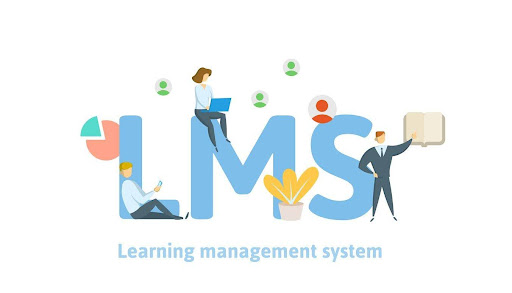The most valuable resource for a business in today’s knowledge-driven economy is a staff that is competent and always learning. Corporate training has evolved to rely heavily on Learning Management Systems (LMS), which provide effective knowledge transfer and staff growth. However, it might be intimidating to navigate the wide range of LMS providers. Using the advice in this article, you may choose a corporate lms providers that will empower your staff and foster organizational development.
-
Determining Your Needs and Outlining Your Learning Path
Setting specific goals for your training requirements is the first step. Which competencies do you hope your staff members will acquire? Which types of training—such as video tutorials, instructor-led training, and eLearning modules—fit your workforce the best? You may select LMS providers that provide features and functions that support your learning objectives by identifying your individual criteria.
-
Value for Money and Cost Factors
It is very important to be responsible with money. You should know how different LMS providers set their prices, but that shouldn’t be the only thing you think about. You should find a solution that fits your budget, has all the features and functions you need, and gives you a good return on your investment. Check to see how flexible the supplier’s price policies are in relation to what your business needs.
-
Learning on the Go with Your Phone
At the moment, employees are spread out. Please check to see how well the learning management system works with mobile learning. Does the platform come with a mobile app that users can use to access and finish training classes while they’re on the go? Allowing employees to access learning chances at any time makes them more dedicated to their jobs and helps them remember more of what they learn.
-
Attributes of an Inclusive Learning Environment
There needs to be a learning setting that is open to everyone. You might want to buy an LMS from a company whose software has features that make it easy for people with disabilities to use, like a font size option, closed captioning, and video playing, which also makes sure that it works with screen readers. A company can create a lively and welcoming learning space by making sure that all of its employees, no matter what level of skill they have, can easily access its learning management system.
-
A Smooth Transition and Ongoing Financial Help
Putting in place a new learning management system (LMS) needs a lot of planning and help. Make sure that the application partner you choose can do everything, like transferring data, teaching users, and setting up the system. You should get in touch with the service provider’s customer service team if you have any questions, concerns, or technical issues.
-
Establishing a Durable Alliance
Selecting the ideal LMS supplier is an investment in the future of your company. Think about aspects other than the fundamental features. Seek a supplier that has a solid track record in the field, is dedicated to innovation, and values teamwork.
Conclusion
You may choose corporate lms platforms that empowers your staff, fosters skill development, and steers your company toward a future of ongoing learning and expansion by paying close attention to these important pointers and doing extensive research. Recall that the LMS is just a tool and that the true power is found in developing a learning culture that increases worker engagement and propels business success.


